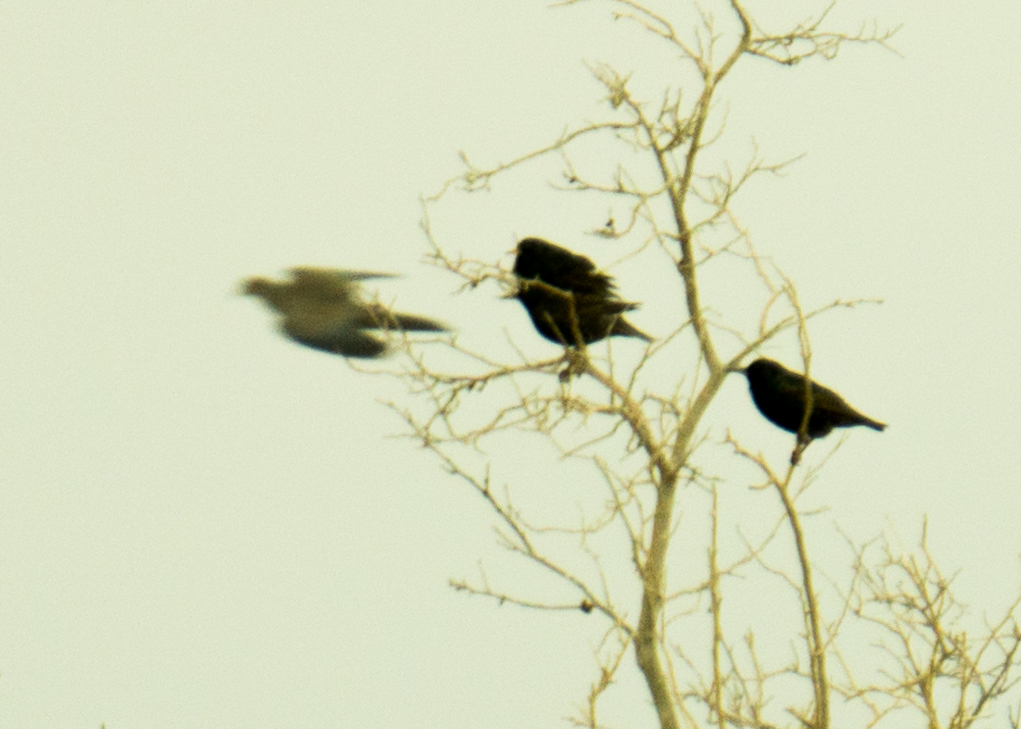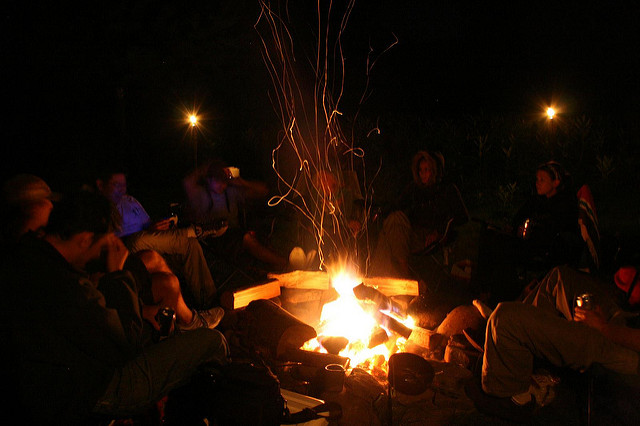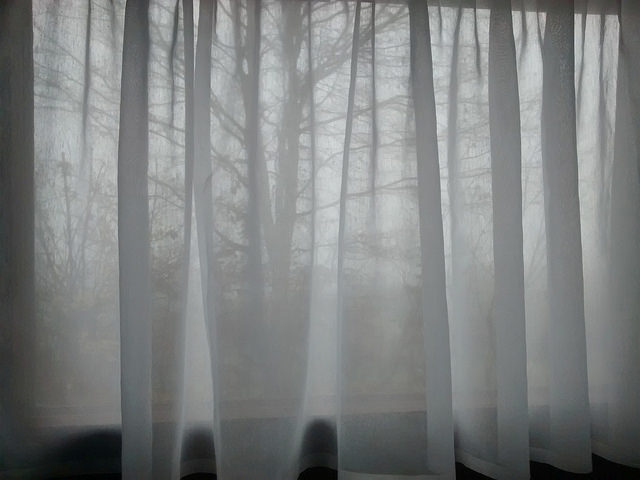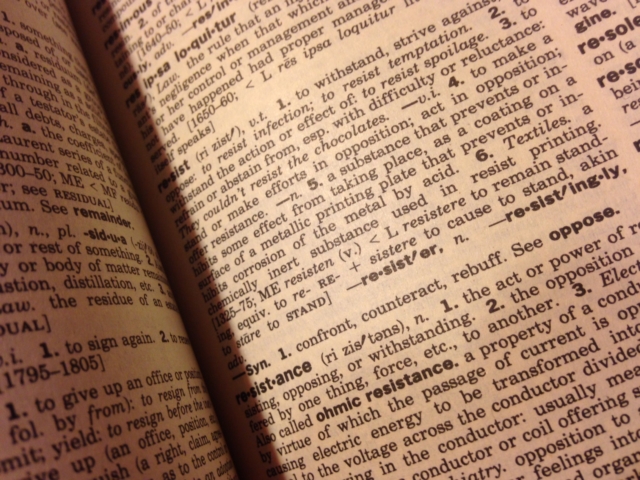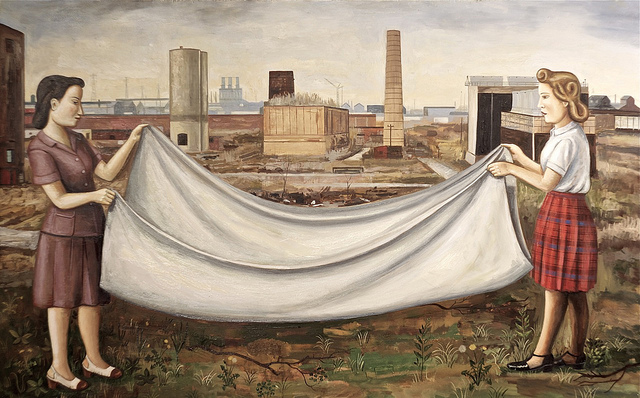You’re Nightly Run Down
[fusion_builder_container hundred_percent=”no” equal_height_columns=”no” menu_anchor=”” hide_on_mobile=”small-visibility,medium-visibility,large-visibility” class=”” id=”” background_color=”” background_image=”” background_position=”center center” background_repeat=”no-repeat” fade=”no” background_parallax=”none” enable_mobile=”no” parallax_speed=”0.3″ video_mp4=”” video_webm=”” video_ogv=”” video_url=”” video_aspect_ratio=”16:9″ video_loop=”yes” video_mute=”yes” video_preview_image=”” border_size=”” border_color=”” border_style=”solid” margin_top=”” margin_bottom=”” padding_top=”” padding_right=”” padding_bottom=”” padding_left=””][fusion_builder_row][fusion_builder_column type=”1_1″ layout=”1_1″ spacing=”” center_content=”no” hover_type=”none” link=”” min_height=”” hide_on_mobile=”small-visibility,medium-visibility,large-visibility” class=”” id=”” background_color=”” background_image=”” background_position=”left top” background_repeat=”no-repeat” border_size=”0″ border_color=”” border_style=”solid” border_position=”all” padding=”” dimension_margin=”” animation_type=”” animation_direction=”left” animation_speed=”0.3″ animation_offset=”” last=”no”][fusion_text]
By C. S. Guppy
Source: The New York Times evening briefings from February 13 – 15, 2017
[/fusion_text][/fusion_builder_column][/fusion_builder_row][/fusion_builder_container][fusion_builder_container hundred_percent=”no” equal_height_columns=”no” menu_anchor=”” hide_on_mobile=”small-visibility,medium-visibility,large-visibility” class=”” id=”” background_color=”” background_image=”” background_position=”center center” background_repeat=”no-repeat” fade=”no” background_parallax=”none” enable_mobile=”no” parallax_speed=”0.3″ video_mp4=”” video_webm=”” video_ogv=”” video_url=”” video_aspect_ratio=”16:9″ video_loop=”yes” video_mute=”yes” video_preview_image=”” border_size=”” border_color=”” border_style=”solid” margin_top=”” margin_bottom=”” padding_top=”” padding_right=”” padding_bottom=”” padding_left=””][fusion_builder_row][fusion_builder_column type=”1_2″ layout=”1_2″ spacing=”” center_content=”no” hover_type=”none” link=”” min_height=”” hide_on_mobile=”small-visibility,medium-visibility,large-visibility” class=”” id=”” background_color=”” background_image=”” background_position=”left top” background_repeat=”no-repeat” border_size=”0″ border_color=”” border_style=”solid” border_position=”all” padding=”” dimension_margin=”” animation_type=”” animation_direction=”left” animation_speed=”0.3″ animation_offset=”” last=”no”][fusion_text]
Justin Trudeau of
Canada went
smoothly.
Prime Minister Shinzo Abe
returned home from
weekend golf outing
discussed response
to North Korea’s missile
test in full view
of diners
North Korea claims
its launch shows
the White House sent
mixed signals
On the homefront,
hitting a roadblock
in the quest
inside Trump Tower,
pressing on with
global deals
More harrowing details:
Canisters of chlorine
gas, a banned weapon,
were dumped
Russia, contrary to its
repeated claims, bombed
a major hospital
A California dam’s
Modern goddesses
come to life
The best and worst of
the American College of Physicians
Wait it out
Dairy industry
call on Congress to stop
makers of popular
plant-based alternatives
The 36 Questions
That Lead to Love
our latest
“Committed”
help
The resignation as President
Trump’s national
security adviser
was not entirely honest
—a new cruise missile
Mr. Trump
building relationships
with Arab countries
here
here
here
The police
assassination
found guilty of
murder and
kidnapping
the damaged
Oroville Dam
An influential
science advisory group
lent its support to
India as the
deadliest
in the world
[/fusion_text][/fusion_builder_column][fusion_builder_column type=”1_2″ layout=”1_2″ spacing=”” center_content=”no” hover_type=”none” link=”” min_height=”” hide_on_mobile=”small-visibility,medium-visibility,large-visibility” class=”” id=”” background_color=”” background_image=”” background_position=”left top” background_repeat=”no-repeat” border_size=”0″ border_color=”” border_style=”solid” border_position=”all” padding=”” dimension_margin=”” animation_type=”” animation_direction=”left” animation_speed=”0.3″ animation_offset=”” last=”no”][fusion_text]
After trying
some
competing theories:
how to keep them
fresh—
Romantic
walk
at the Westminster
Kennel Club Dog Show
Finally,
set sights on
the White House,
nonpolitical
President Trump
could “live with”
a one-state solution;
anger and
bafflement among
Palestinians
Russia denied
repeated
contact with
Trump campaign
The resignation of
Michael T. Flynn,
the leaks from
American intelligence
agencies to the
news media,
a computer,
iOS device,
Android device
Andrew Puzder withdrew
from consideration
Our reporters make
a harrowing choice:
Here’s a guide to your rights
Throughout the
country, independent
bookstores
have taken on a new life
as centers of
resistance
Police in Malaysia
attack North Korea’s leader,
Kim Jong-un
Mr. Kim
has ordered
more
than
300
executions
For the second straight
year, traffic deaths were up
When all eyes were on her
Beyoncé won
at the Grammys
It’s never been
a next-generation
We are
alone
in the universe
[/fusion_text][/fusion_builder_column][/fusion_builder_row][/fusion_builder_container][fusion_builder_container hundred_percent=”no” equal_height_columns=”no” menu_anchor=”” hide_on_mobile=”small-visibility,medium-visibility,large-visibility” class=”” id=”” background_color=”” background_image=”” background_position=”center center” background_repeat=”no-repeat” fade=”no” background_parallax=”none” enable_mobile=”no” parallax_speed=”0.3″ video_mp4=”” video_webm=”” video_ogv=”” video_url=”” video_aspect_ratio=”16:9″ video_loop=”yes” video_mute=”yes” video_preview_image=”” border_size=”” border_color=”” border_style=”solid” margin_top=”” margin_bottom=”” padding_top=”” padding_right=”” padding_bottom=”” padding_left=””][fusion_builder_row][fusion_builder_column type=”1_1″ layout=”1_1″ spacing=”” center_content=”no” hover_type=”none” link=”” min_height=”” hide_on_mobile=”small-visibility,medium-visibility,large-visibility” class=”” id=”” background_color=”” background_image=”” background_position=”left top” background_repeat=”no-repeat” border_size=”0″ border_color=”” border_style=”solid” border_position=”all” padding=”” dimension_margin=”” animation_type=”” animation_direction=”left” animation_speed=”0.3″ animation_offset=”” last=”no”][fusion_text]
[/fusion_text][fusion_text]
C.S. Guppy started out as a high school English teacher. That was so much fun, she decided to become a Sunday school director, then a desktop publisher, then a technical writer, then a graphic designer, then a copyeditor (for Ecotone literary journal), then a server, then a dog walker, then a mom, and most recently, an activist. She earned her MFA in Creative Writing from the University of North Carolina Wilmington in 2012. Her essays have appeared in The Sun and Alligator Juniper, with one forthcoming in Ruminate magazine. She lives in northern Colorado with her family.
Photo credit: Jeremy Keith via a Creative Commons license.
[/fusion_text][/fusion_builder_column][/fusion_builder_row][/fusion_builder_container]


